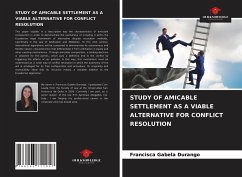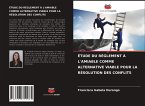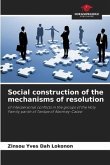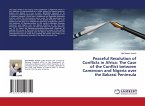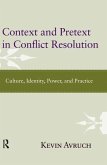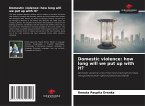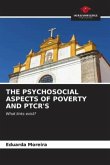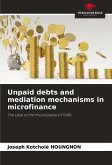This paper studies in a descriptive way the characteristics of amicable composition in order to demonstrate the usefulness of including it within the Ecuadorian legal framework of alternative dispute resolution methods, specifically in the Law of Arbitration and Mediation. To this end, various international legislations will be compared to demonstrate its autonomous and flexible nature, characteristics that differentiate it from arbitration in equity and other existing mechanisms. Through amicable composition, a binding decision is obtained for the parties, which puts a definitive end to the conflict by triggering the effects of res judicata. In this way, this mechanism must be understood as a novel way of conflict resolution in which the autonomy of the will is privileged for its free configuration and procedure. Its originality and accessibility allow that its inclusion means a valuable addition to the Ecuadorian legislation.
Bitte wählen Sie Ihr Anliegen aus.
Rechnungen
Retourenschein anfordern
Bestellstatus
Storno

